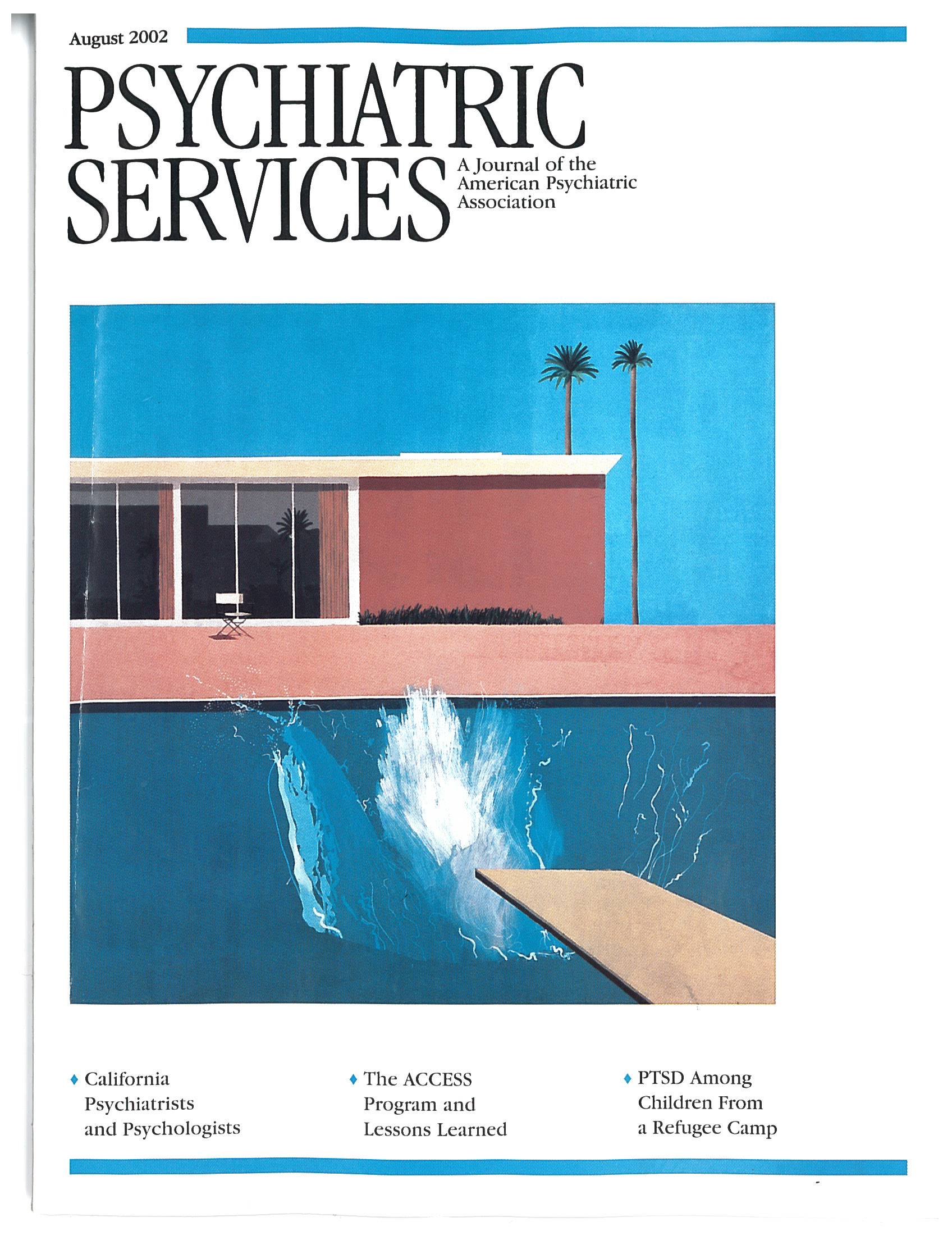To the Editor: In an article in the January issue, Dr. Solomon and her colleagues (
1) observed that people with mental illness on parole or probation who were jailed for a technical violation were six times more likely to have received intensive clinical monitoring. However, the authors did not describe any of the programs that provided the mental health care for the probationers and parolees in the study. These services were probably provided by a variety of agencies.
Inclusion of this information would have greatly strengthened the article. Aggregation of outcome data may increase the power of a statistical analysis, but if the aggregate data are drawn from disparate sources, the results of analysis may be suspect. By neglecting the critical underlying variable of the nature of the mental health programs while focusing on the perspective of the probation unit, the authors deprived us of the opportunity to determine what truly works in the monitoring of mentally ill offenders.
The outcomes from the Mentally Disordered Offenders (MDO) program in Cleveland challenge the assertion of Dr. Solomon and her colleagues that increased monitoring leads to a higher arrest rate. The MDO program is based in a community mental health agency with experience in serving forensic populations. The program is based on the assertive community treatment model, with a relatively low ratio of clients to case managers and a clear team organization. Probationers must have a psychotic illness to be assigned to the program. The MDO team works closely with the Cuyahoga County Court of Common Pleas probation program, which has a group of probation officers who specialize in mentally ill clients, similar to the probation units in Dr. Solomon's study.
In 1999 the MDO team cared for 250 clients, more than 80 percent of whom had a severe mental illness—more than 40 percent had a diagnosis of schizophrenia. The average age of the clients was 37 years. Their mean level of education was just over 11 years; 50 percent did not graduate from high school. Seventy percent of the team's clients were male. Drug offenses accounted for 31 percent of the convictions, followed by assault (20 percent), burglary (8 percent), and theft (6 percent).
In 1999, 32 clients (13 percent) completed their term of probation without incident. Forty-two clients (17 percent) were either returned to prison or had a warrant issued for their arrest because of a violation of the conditions of probation.
The reincarceration rate among program clients was less than two-thirds of the annual rate of 27 percent reported by Dr. Solomon and her colleagues, demonstrating that intensive case management services do not necessarily lead to higher arrest rates. If the authors had analyzed data from the individual community programs serving their study population, they might have found that some programs were more successful than others. Had they described the programs that worked, along with those that were less successful, their report would have been richer and the results could have been put to more practical use.

